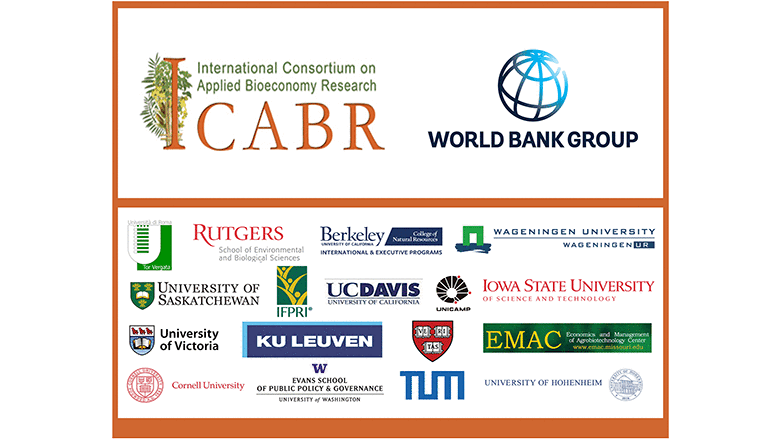Multiple changes in the structure of the food system and agriculture raise new opportunities and challenges for the agricultural sector. In the developing world, these changes started in Asia and Latin America, and are rapidly emerging in Africa. Urbanization and increased urban demand for food, fiber, and fuel present new market opportunities for farmers, entrepreneurs, and agribusiness in the developing world. Growing concerns over climate change, pollution and food safety are reflected in increasing consumer demand for environmental services from agriculture,
Rapid advances in the biological sciences and information technology are developing new technologies and services that facilitate response to changing food systems and provide new opportunities for increasing agricultural productivity and rural
Adapting to these changes requires a rapid transformation of all segments of the agricultural supply chain: the farms (upstream), the processing, storage and wholesaling (midstream) and retailing and delivery to consumers (downstream). Decision-makers who are not aware of these institutional changes and technological opportunities — and do not have the information systems that monitor them — will slow economic development. There is a need to understand and rethink governance,
Against this backdrop, there has still been limited research and few evidence-based development programs based on the new economics of value chains, especially in food and agriculture. The conference will focus on the impact of new value chains and technology on agribusiness and farmers and their capacity to implement
